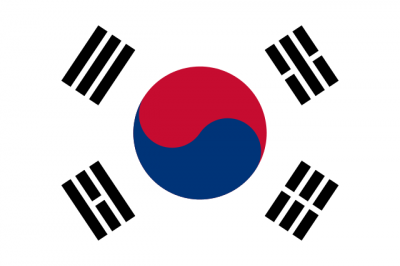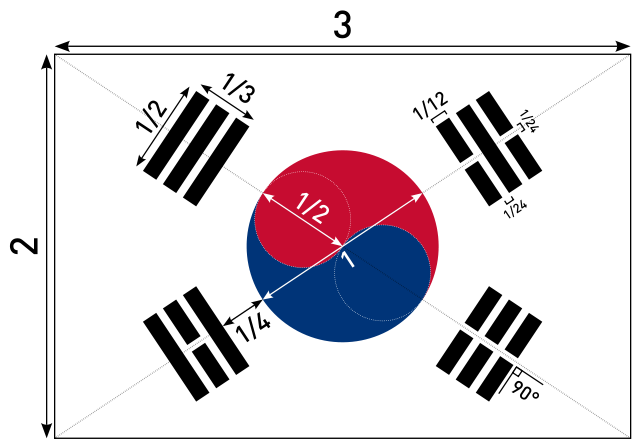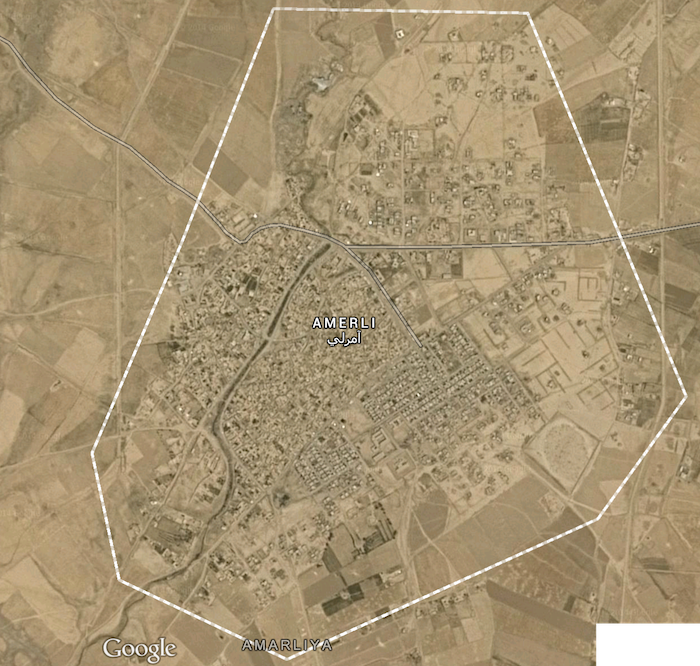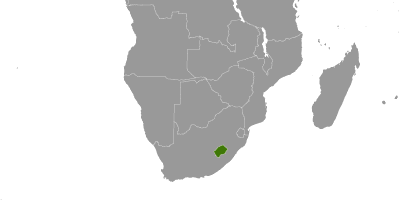Introduction: King Moshoeshoe I, founder of Lesotho, reigned from 1822 to his death in 1870, during a period of immense tumult in southern Africa. He waged one of the most effective resistance efforts to colonialism (from the Dutch Boer settlers and British Empire) over many decades, as well as to Shaka’s military consolidation of what became Zulu Kingdom in the 1820s.
His name was originally a nickname derived from a poem he wrote as a youth, a braggadocio-filled anthem to farm animal theft that could put most hip-hop moguls to shame. From the poorly sourced Wikipedia version of the story:
During his youth, he was very brave and once organised a cattle raid against Ramonaheng and captured several herds. As was the tradition, he composed a poem praising himself where, amongst the words he used to refer to himself, said he was “like a razor which has shaved all Ramonaheng’s beards”, referring to his successful raid. In Sesotho language, a razor makes a “shoe…shoe…” sound, and after that he was affectionately called Moshoeshoe: “the shaver”.
He also wore an appropriately supreme tophat and cape, like the badass king he was.
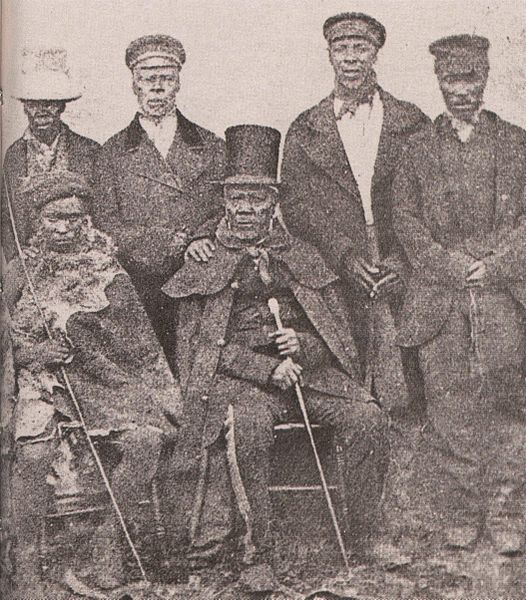
King Moshoeshoe I with his ministers of state (Bensusan Museum, Johannesburg – Wikimedia)
Additional claims to fame include:
- He founded his own all-new clan at age 34. Presumably on the strength of his charisma, diplomatic flair, and cattle-rustling skills. This clan established a settlement in a location that could withstand Zulu assaults. His original clan eventually grew to be Lesotho and environs.
- He never lost a major battle!
- He ruled for 48 years against a colonial onslaught. Many native rulers in Africa were unable to maintain such a strong level of sovereignty and control in their domains during the period.
- He united the various Sotho people into a Basotho nation through a combination of battle followed by compassionate diplomacy (rather than subjugation through conquest).
- He was very willing to mess with the Boers as they tried to invade. He would give them fair conditions for maintaining peaceful coexistence and then beat them back when they rebelled. Eventually, of course, they took over much of the outlying territories of his realm (as they did in many places). But he never lost control of his home kingdom.
- He beat the British military and then threw them a bone so they could make peace with dignity.
- He manipulated various Europeans to get defensive weapons and surprisingly valid foreign policy advice to fight off the settlers. He also used them to help preserve local culture in written form for future generations.
- He successfully negotiated an intervention by Queen Victoria to preserve Lesotho against all attempts at settler seizure, via protectorate status...
While this did eventually make Lesotho into a colony, it remained separate and intact from British South Africa and Apartheid South Africa both during and after its colonial phase. The monarchy still survives to this day (now in constitutional form) and the Sotho culture endures. Compared to how many of the surrounding areas fared, the decision to pitch a deal to Queen Victoria makes King Moshoeshoe I look pretty insightful.




